
To be trustworthy is a greater compliment than being loved. -George MacDonald
Are you trustworthy?
Being trustworthy is one of the qualities of a good leader. There are traits someone needs to have in order to be trustworthy. Trustworthy traits are internal qualities that form the bedrock of our character. Regardless of the situation or circumstances, these traits are simply a part of who we are. For the sake of simplicity, I have identified four primary trustworthy traits:
1. Competence
To succeed in any endeavor, we have to know what we’re doing and why we’re doing it. That doesn’t mean we have to have all of the answers, but it does mean we must have a solid foundation of skill, ability and knowledge. The people under our leadership will only continue to follow us if they are satisfied that we are qualified to lead. It’s not that they believe we’ll never make a poor decision, but that they trust us to guide them well.
We don’t need to have all of the answers, but the people we lead must be confident that we have the competence to lead them in pursuit of the organization’s vision and mission.
As leaders, we must be able to explain why one path is better than another, why our marketing strategy and sales approach are appropriate for the products we’re trying to sell, why our practice regimen is this way and not that or why we expect this play to work against the other team’s defense. Again, we don’t need to have all of the answers, but the people we lead must be confident that we have the competence to lead them in pursuit of the organization’s vision and mission.
2. Integrity
Integrity is one of the building blocks—if not the cornerstone—of any leader’s success. Especially leaders who desire to add value to the lives of those they lead. Leadership skills must be built on a proper foundation. If people in your organization can’t rely on you—whether in the big things or the little things—how are they going to follow you? They may follow you for a little while, but it won’t be with passion or full commitment.
The reason is simple: When faced with uncertainty about a decision or direction, they won’t know whether the person making the decision or pointing them in that direction can be trusted. They may follow for a time, but only conditionally, haltingly or with misgivings marking every step. If you have integrity, model it. If you have a problem with integrity, take care of it quickly before your reputation is established as one who is not to be trusted.
3. Security
Trustworthy leaders need to exhibit confidence, not false bravado, but an inner sense of security—the kind of confidence that doesn’t need to be surrounded by yes-men or people trying to curry favor. From my perspective, a genuine sense of self-worth—the kind of confidence that can’t be shaken by circumstances—is best obtained through a relationship with God. The knowledge that He created me and cares for me does more than any self-help book ever could.
I am both humbled and empowered by the knowledge that Jesus Christ performed the ultimate act of sacrifice for me. To know that God loves me that much is powerful. Leaders who are secure in who they are will invest themselves in helping others grow and develop to their full potentials. Secure leaders are free to lift up others who will eventually replace them.
Be real. Be authentic. Be sincere. People will know who you’re not. And they will know when you are—and be drawn to that.
4. Authenticity
To be approachable and secure, to be trustworthy and loyal, you can’t be a phony. Above all, leaders must be genuine. People know a fake when they see one. I am naturally quiet, but as I get to know people better, I begin to open up more and will joke around. Still, I look more serious in public than I do in private.
That’s who I am, and to be anything else in order to achieve something would be insincere and phony. Someone else can perhaps engage people more easily or be the life of the party. But I don’t need to be someone I’m not, nor should I expect others to be something different from who they are. Whatever gifts God has given us, we should make use of them.
Be real. Be authentic. Be sincere. People will know who you’re not. And they will know when you are—and be drawn to that.
This article originally appeared on AllProDad.com.

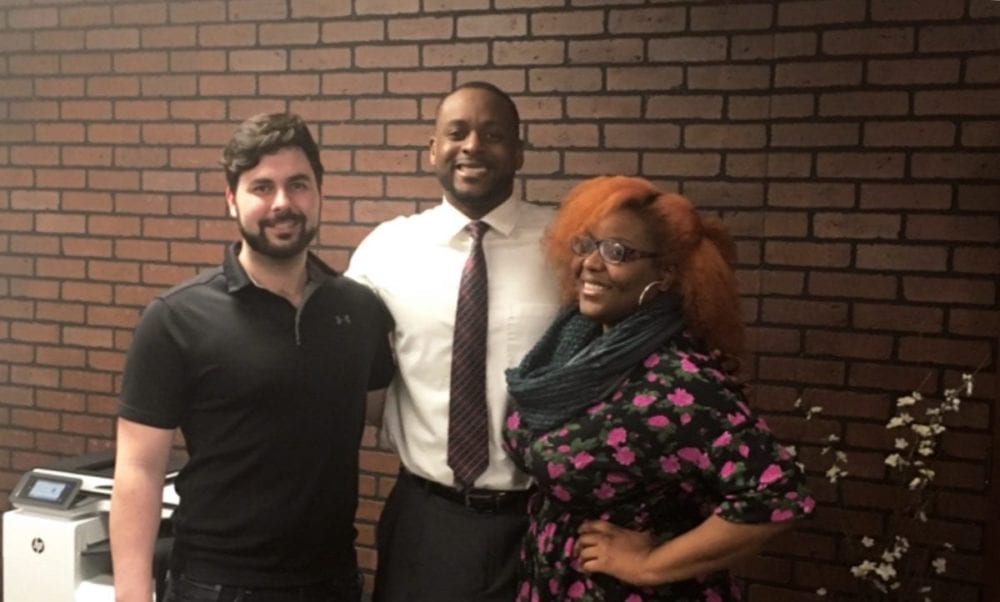
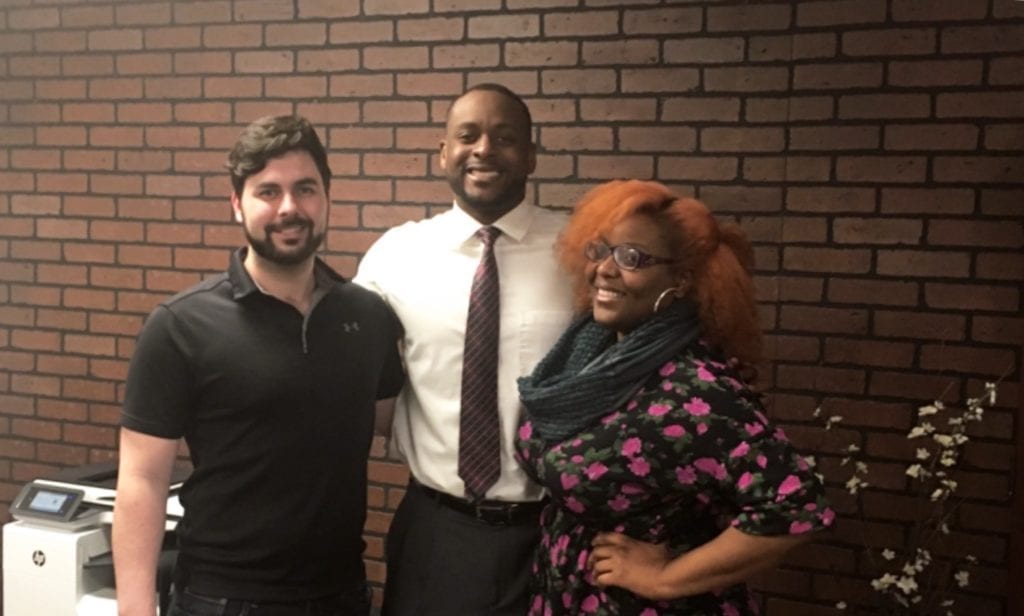 I decided to start my own independent broking agency, Green Brook Insurance. My intention was to give 20 percent of our profits back to three important causes: financial literacy for the disadvantaged and uneducated, mental health research and the fight against human trafficking.
I decided to start my own independent broking agency, Green Brook Insurance. My intention was to give 20 percent of our profits back to three important causes: financial literacy for the disadvantaged and uneducated, mental health research and the fight against human trafficking.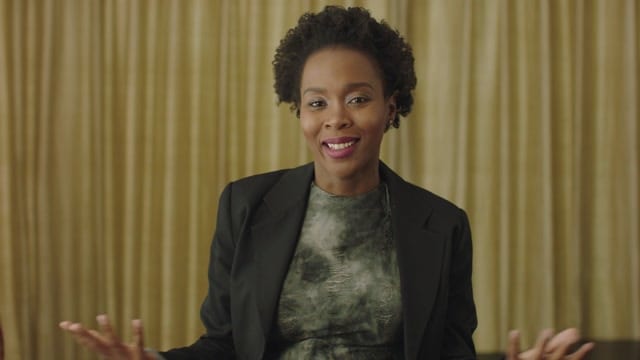
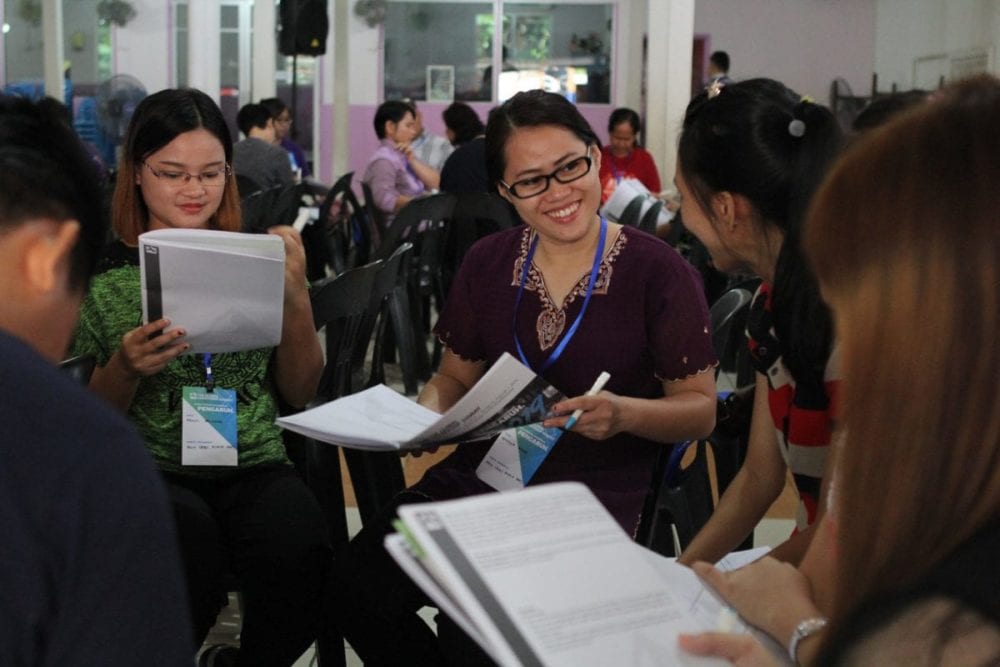
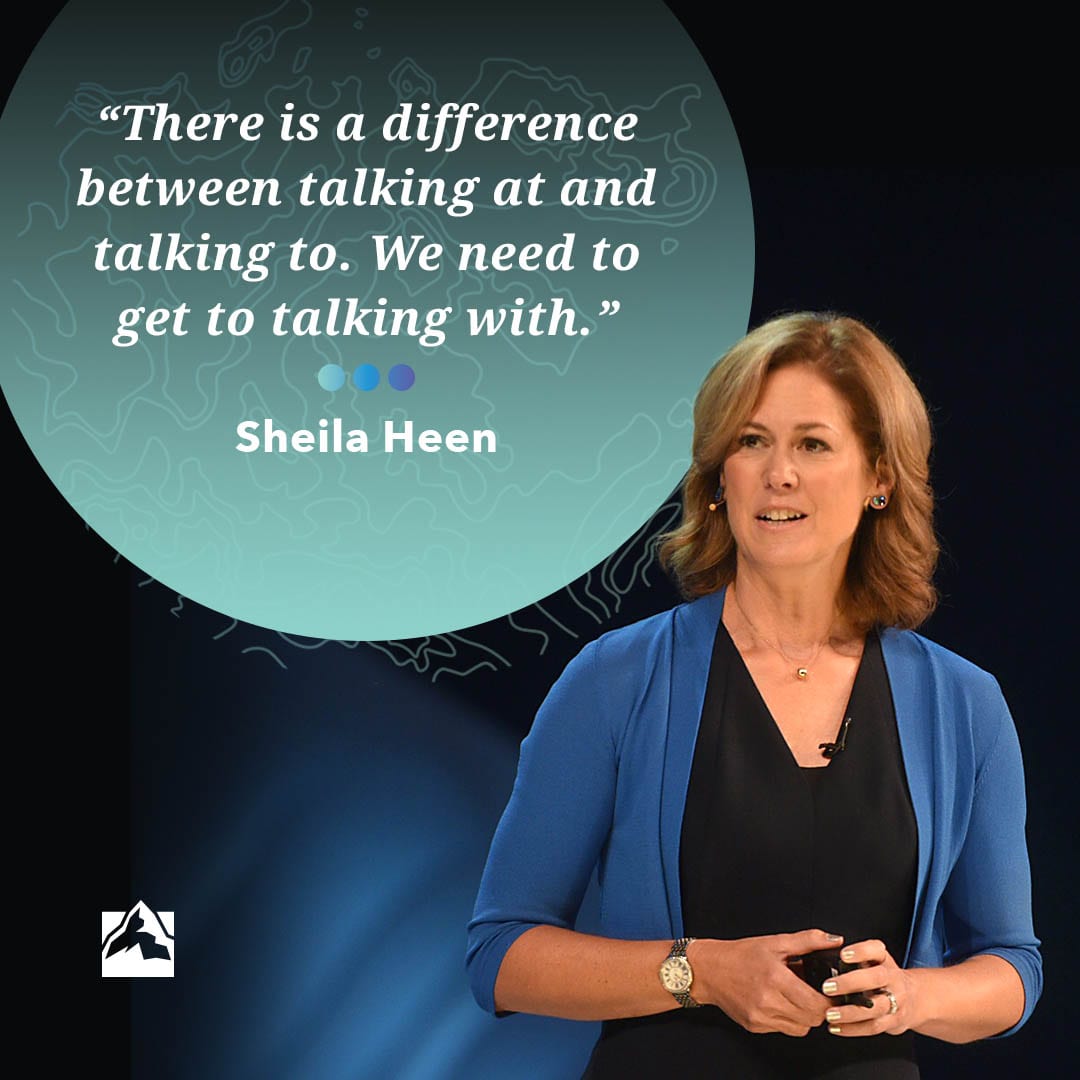
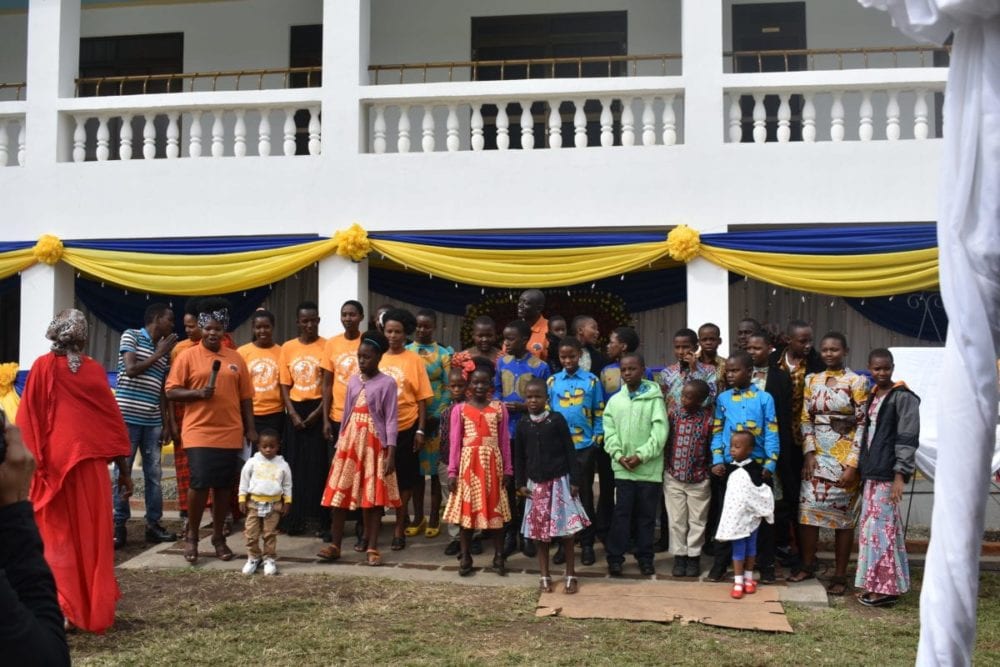
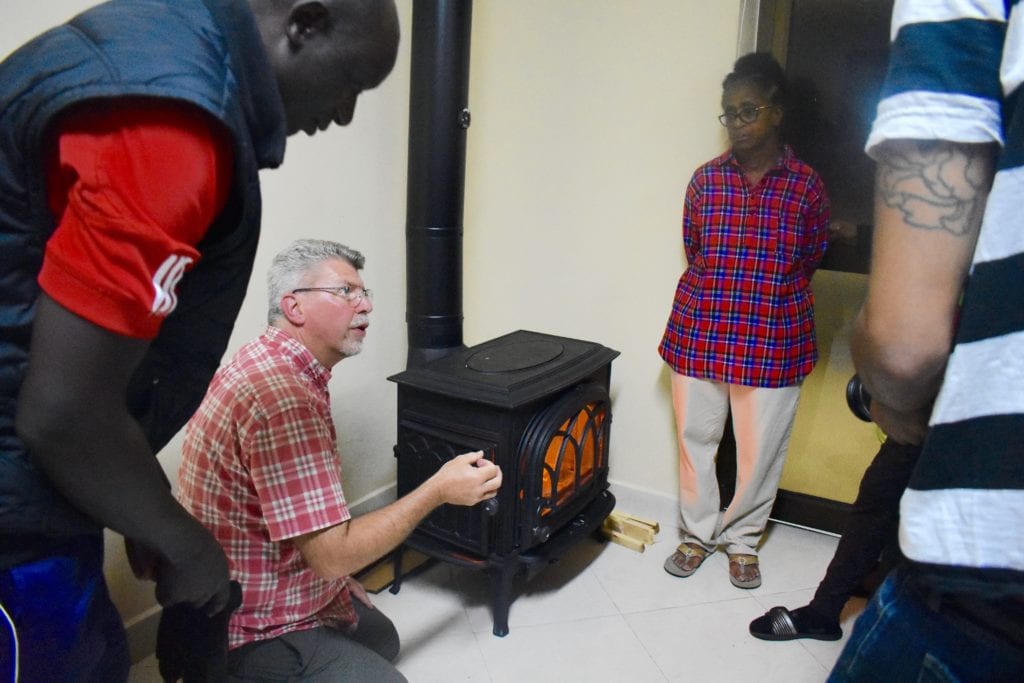 Knowing absolutely nothing about Tanzania, I asked, does it get cold there? He explained how the country is located close to the foothills of Kilimanjaro, so it is cold. When they have power, they use electric heaters or kerosene. I asked him, could you use a wood stove in a place like that?
Knowing absolutely nothing about Tanzania, I asked, does it get cold there? He explained how the country is located close to the foothills of Kilimanjaro, so it is cold. When they have power, they use electric heaters or kerosene. I asked him, could you use a wood stove in a place like that?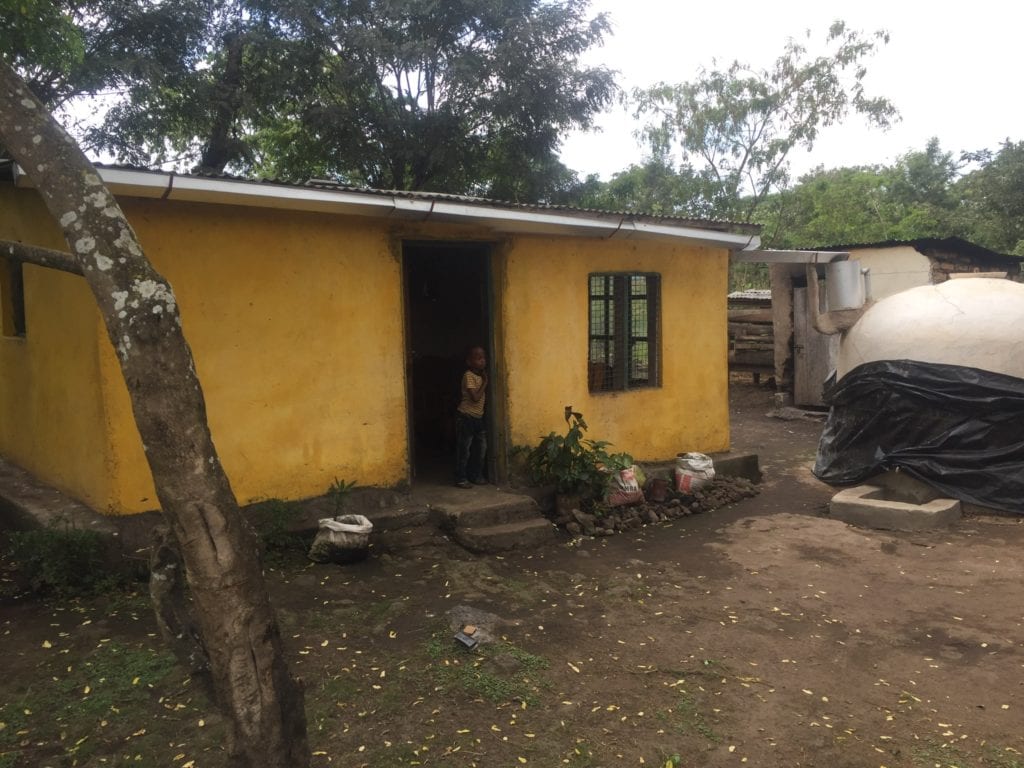 When we got there, we discovered everything was stuck in customs, and officials wanted $10,000 to get it out! I started to doubt my purpose there. I prayed, God, I felt clear that you wanted me to do this! Why would you do this if we could get all the way here, but come up short?
When we got there, we discovered everything was stuck in customs, and officials wanted $10,000 to get it out! I started to doubt my purpose there. I prayed, God, I felt clear that you wanted me to do this! Why would you do this if we could get all the way here, but come up short? 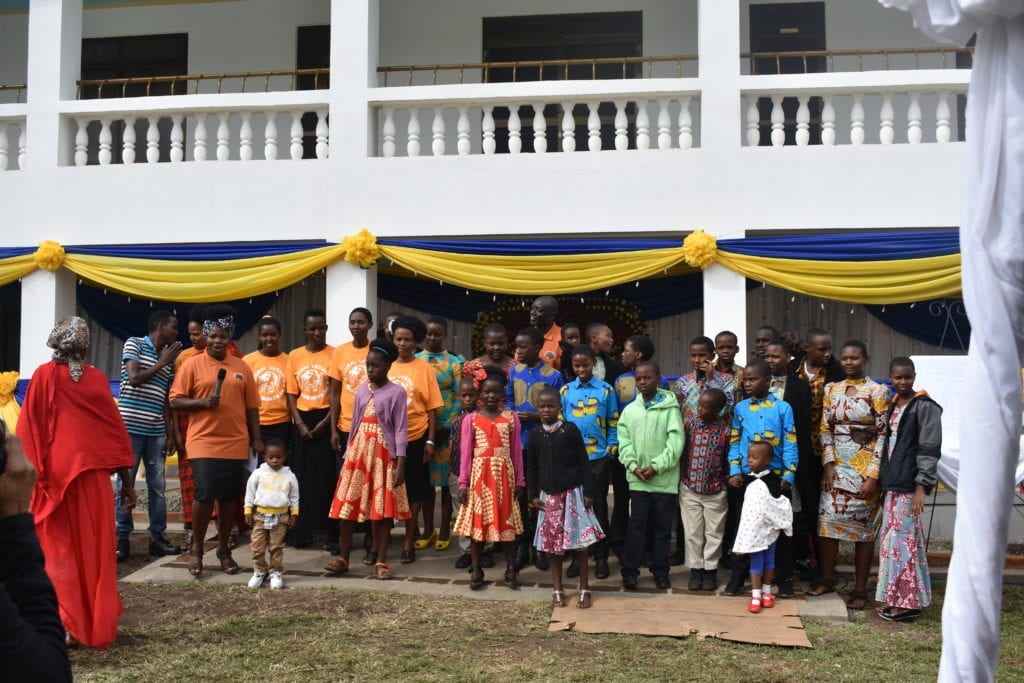 Before the Summit, I used to wonder what I could do with my meager talents. But the Summit opened my mind and enabled me to stretch. I’m not a doctor; I’m a fireplace professional, and I can’t underestimate what God can do with my talents, even though I don’t think I my talents are worth much.
Before the Summit, I used to wonder what I could do with my meager talents. But the Summit opened my mind and enabled me to stretch. I’m not a doctor; I’m a fireplace professional, and I can’t underestimate what God can do with my talents, even though I don’t think I my talents are worth much.

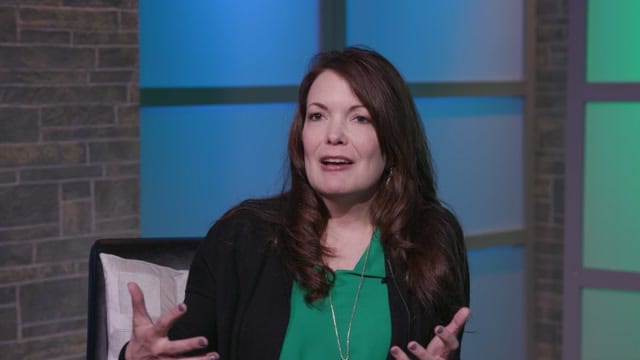
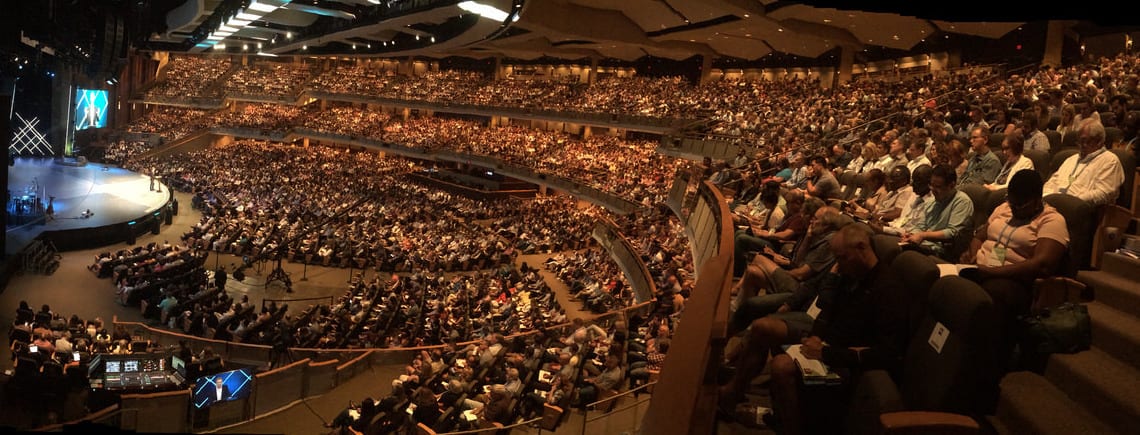


Recent Comments